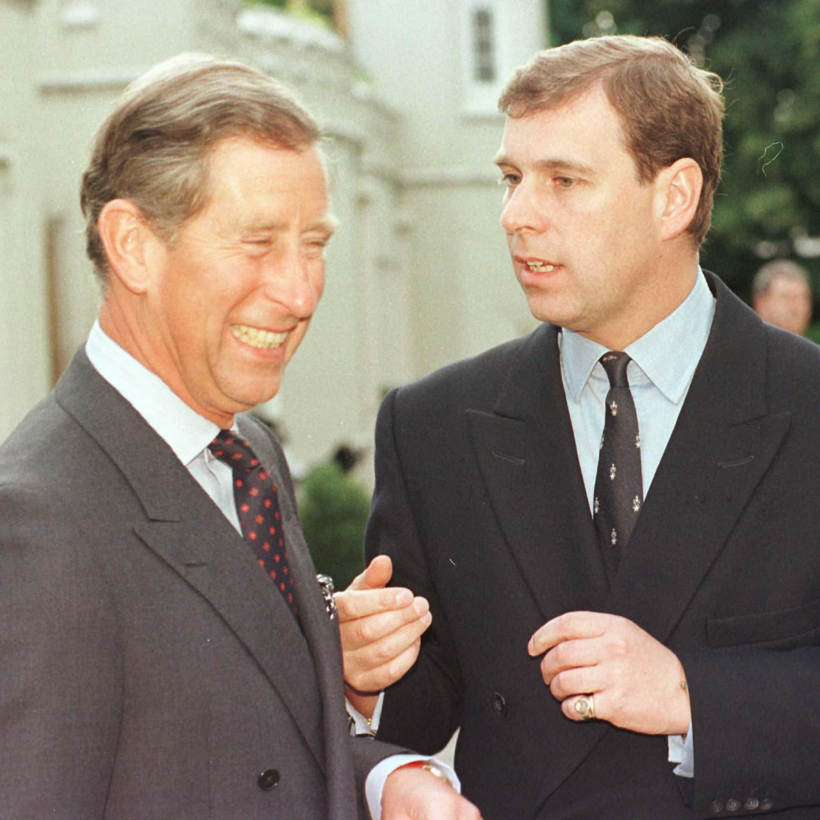When the dramatic account emerged two weeks ago of how the Duke of York had been reduced to tears when he was told by his brother Charles, then the Prince of Wales, that he would never return to public duties, it raised an intriguing question. Why had Prince Andrew not figured that out already?
He was, according to The Mail on Sunday on November 5, “blindsided” by the outcome of the meeting and “utterly bereft”. But ever since he had been forced to step down from royal duties there had been repeated reports that there was no way back for Andrew. Was he the only person in the country not to have got the message?

